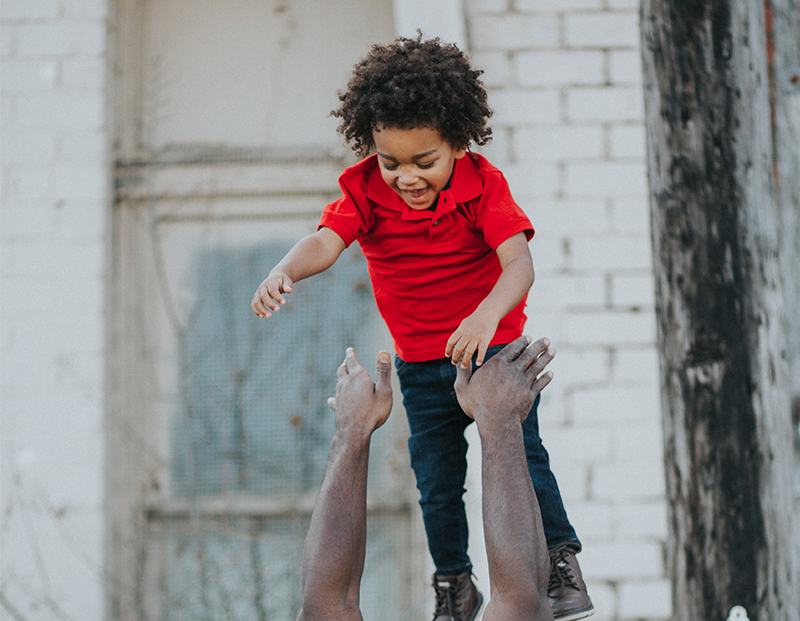Caregivers can acquire new skills rapidly, as they practice in the moment with the caring support of a therapist.
Lori Ann Wagner, LPCC, CCMHC, NCC
The battles in your home are becoming more frequent.
(Maybe there’s one happening right now.)
For parents struggling with the behavioral challenges their young child is experiencing, life can start to feel overwhelming and isolating.
Fortunately, there’s hope.
We sat down with our own Lori Ann Wagner, LPCC to learn more about Parent-Child Interaction Therapy (PCIT):
For readers who are less familiar with PCIT, can you give us a quick overview of this approach?
PCIT is a short-term, specialized behavior management program, designed for young children experiencing behavioral and/or emotional difficulties and their families.
PCIT teaches caregivers to manage their child’s difficult behaviors, while increasing their positive behaviors. PCIT works with the child and caregiver together to improve behavior and reduce parenting stress.
Caregivers often wonder where their child’s behavior falls along a spectrum of what’s “normal”. What are some signs that might indicate a child could benefit from PCIT?
Children ages 2 ½ to 6 who display any or all of the following behaviors might benefit from PCIT:
- Parent-child relational problems
- Refusal and defiance of adult requests
- Easy loss of temper
- Purposeful annoyance of others
- Destruction of property
- Difficulty staying seated
- Difficulty playing quietly
- Difficulty-taking-turns
Who “counts” as a caregiver in this approach?
Biological parents, foster parents, adoptive parents, legal guardians, grandparents, and kinship caregivers are all appropriate caregivers for PCIT.
We know that caregivers often struggle through lots of different options in an effort to manage their child’s difficult behaviors. What hope can PCIT offer them?
Backed by over 30 years of research, PCIT is exceptionally effective!
Caregivers acquire new skills rapidly, as they practice in the moment with the caring support of a therapist. Therapists provide immediate feedback about strategies to manage challenging behaviors, which helps caregivers gain confidence and mastery.
So, how does it work?
PCIT consists of weekly sessions conducted in two treatment phases:
- Child-Directed Interaction (CDI): In this phase, caregivers learn the PRIDE skills, which help promote positive child behavior:
- Praise
- Reflect
- Imitate
- Describe
- Enjoy
- Parent-Directed Interaction (PDI): In this phase, caregivers learn to use effective commands and discipline procedures. The therapist helps caregivers manage their child’s behaviors in many settings.
Thanks so much for sharing your expertise with us, Lori!
Enjoy this post? You might also like:
Boundaries: Navigating this Emotional Wellness Buzzword
Boundaries in Parenting
Navigating Spring Break as a Family
Interested in learning more about Parent-Child Interaction Therapy?

